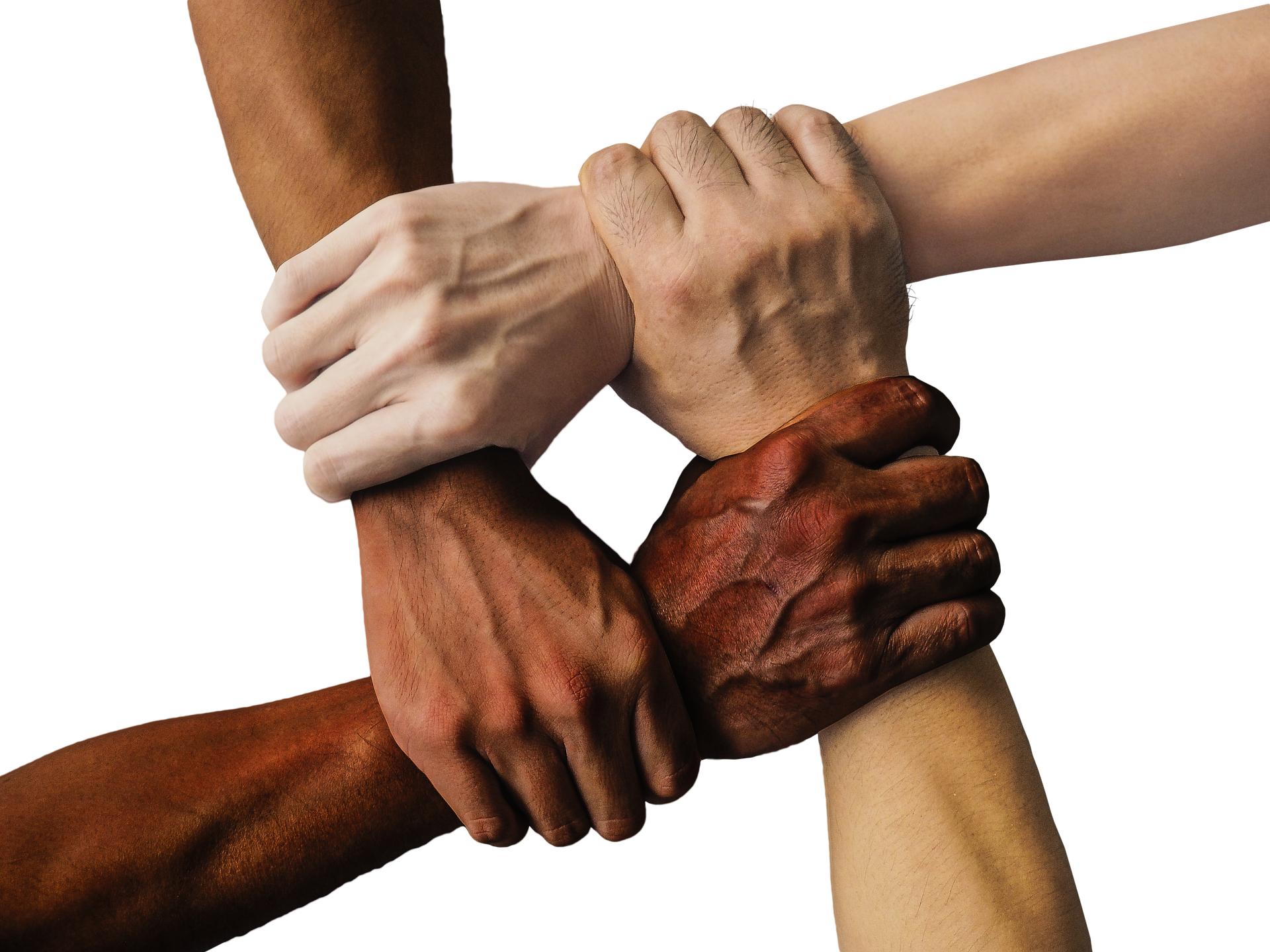
NA follows guiding principles that help members achieve and sustain long-term recovery.
A strong sense of community fosters connection and support.
Protecting personal identity allows open sharing.
Meetings are open to anyone struggling with addiction.
NA is not affiliated with any religion and welcomes people of all beliefs.

Narcotics Anonymous sprang from the Alcoholics Anonymous program of the late 1940s, with meetings first emerging in the Los Angeles area of California, USA, in the early fifties. The NA program started as a small US movement that has grown into one of the world’s oldest and largest organizations of its type.
Today, Narcotics Anonymous is well established throughout much of the Americas, Western Europe, Australia, and New Zealand. Newly formed groups and NA communities are now scattered throughout the Indian subcontinent, Africa, East Asia, the Middle East, and Eastern Europe. Narcotics Anonymous books and information pamphlets are currently available in 49 languages.
For more information about our program, we invite you to review some of the items described below.
NA operates through self-help group meetings, where individuals share experiences and offer mutual support. There are no membership fees, no sign-ups, and no required religious beliefs.
Meetings are led by members who share their experiences.
No restrictions—open to all seeking recovery.
A structured guide to recovery and personal growth.
Insight from NA Literature
What it covers: NA’s origin, growth, guiding principles, and the members who make up our Fellowship.
Why it fits: This provides a high-level overview of NA and helps the public understand the foundation and scope of the Fellowship—ideal for curious newcomers or professionals.
Download PDFWhat it covers: Experiences with mental health, chronic illness, and pain in recovery.
Why it fits: It expands the conversation around addiction to include real-world challenges many members face, reinforcing understanding and empathy.
Download PDFWhat it covers: A guide for transitioning from treatment to NA recovery.
Why it fits: It’s practical and welcoming for those just beginning their journey, addressing fears and misconceptions about joining NA.
Download PDFThere are several myths about NA that we want to clarify.
Fact: NA welcomes anyone who wants to stop using substances, no matter their history.
Fact: NA is spiritual, not religious—members interpret their own concept of a Higher Power.
Fact: NA helps people with drug-related struggles but does not dictate medical decisions
"While maintaining an emphasis on the importance of total abstinence, still-using addicts are welcomed into our meetings with special encouragement to keep coming back."
“We do not turn addicts away, regardless of their medication status. We focus on identification, not comparison.”
"NA does not express opinions—either pro or con—on civil, social, medical, legal, or religious issues. Our primary purpose is to carry the message of recovery to the addict who still suffers."
Search by city, ZIP code, or meeting type in Arizona.
Downloadable literature to better understand Narcotics Anonymous and support those in recovery.